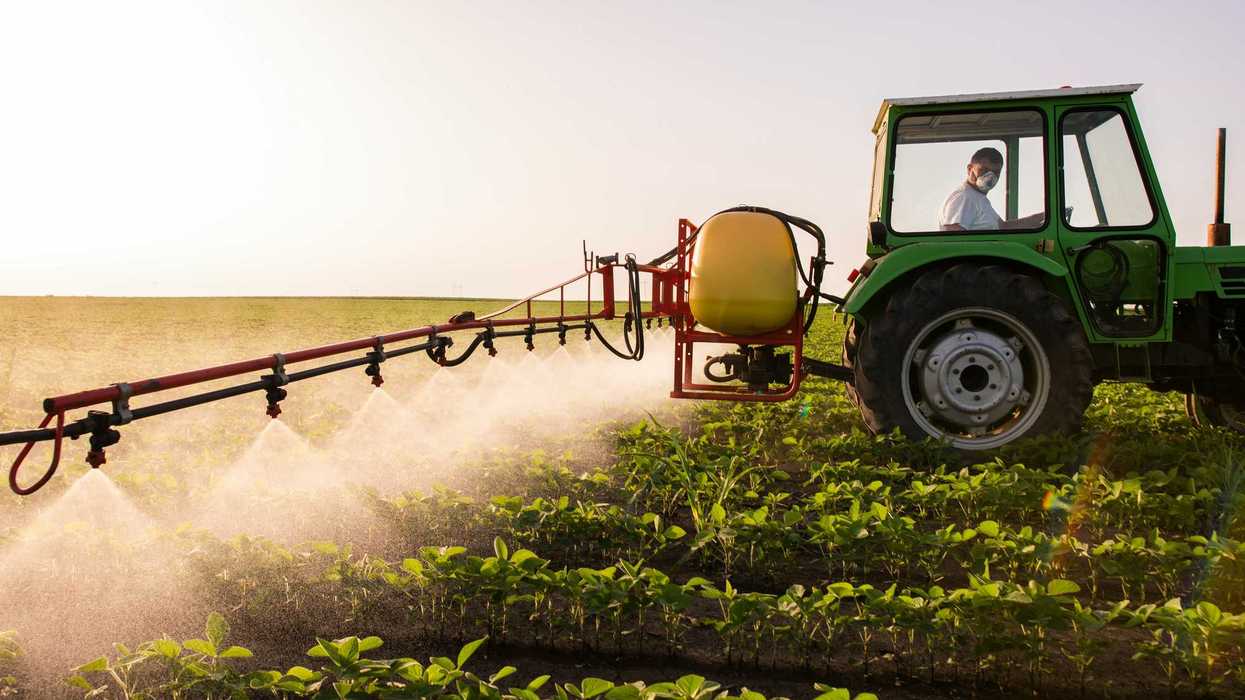A new investigation suggests that black plastic utensils, like spatulas, may leach harmful flame retardants into food during cooking.
Zoë Schlanger reports for The Atlantic.
In short:
- Black plastic kitchenware is often made from recycled e-waste, which can contain harmful flame retardants from electronics.
- Flame retardants can migrate into food when heated, raising concerns about exposure to endocrine disruptors and carcinogens.
- Despite regulations banning some flame retardants, inconsistent global recycling practices mean these chemicals often end up in consumer goods.
Key quote:
"When you’re using black plastic items, there’s going to be a risk that they could be contaminated."
— Megan Liu, science and policy manager at Toxic-Free Future
Why this matters:
Flame retardants in kitchenware and toys pose health risks, particularly as endocrine disruptors linked to hormone issues and cancer. Without uniform recycling laws, consumers may unknowingly expose themselves to these chemicals through daily-use items.
For more: Black plastic kitchen utensils may contain harmful flame retardants














